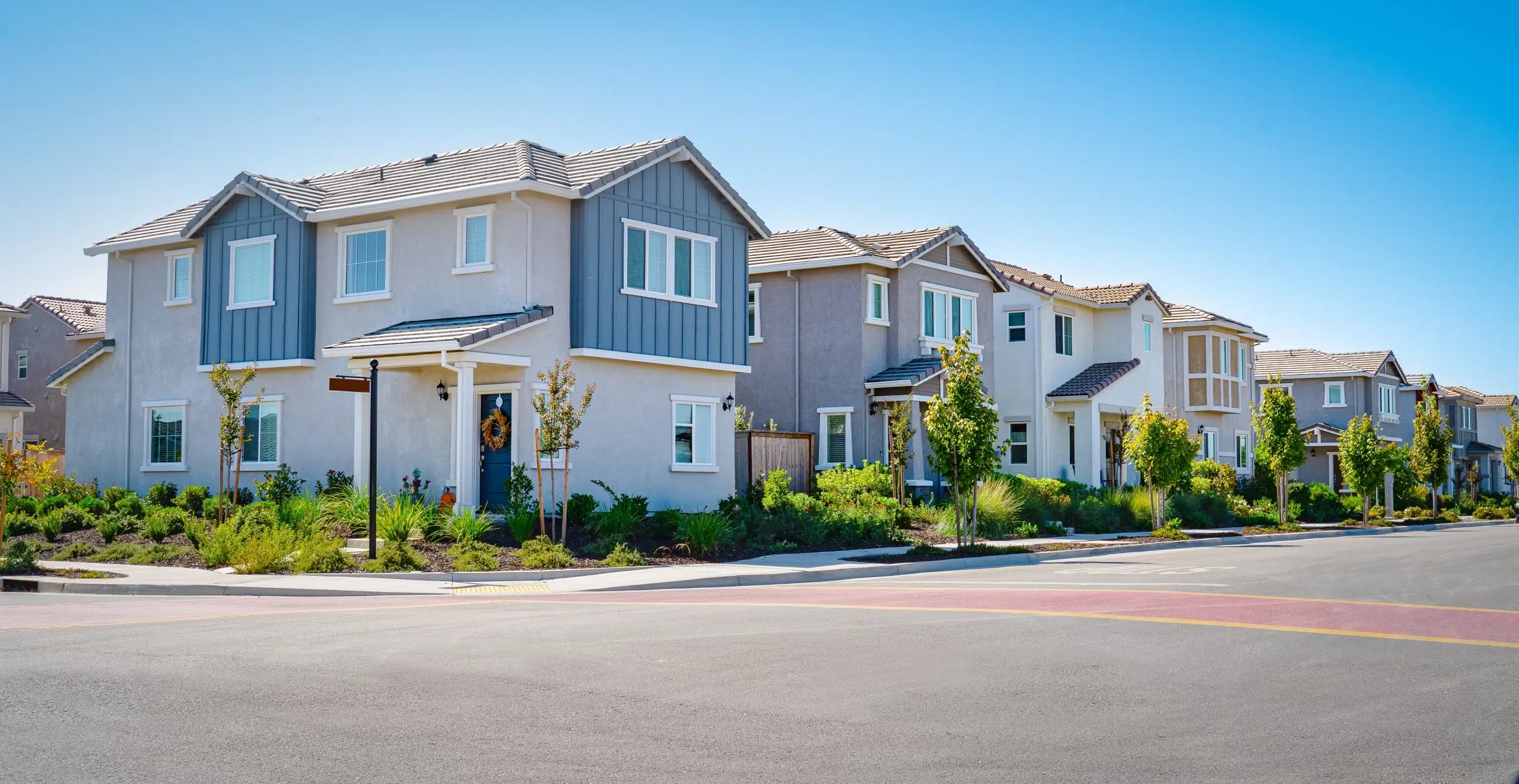The True Cost of Buying a Home in California in 2025
California’s real estate market is one of the most dynamic and competitive in the United States. For those considering purchasing a home in 2025, understanding the true cost of homeownership is critical. Beyond the sticker price, there are hidden expenses, regional price differences, and financial considerations that can significantly impact your budget. Knowing these details helps buyers prepare, avoid surprises, and make informed decisions that align with their financial goals.
Understanding Home Prices in California
Regional Differences in Property Values
California’s diverse geography means home prices vary greatly depending on location. Coastal cities like San Francisco, Los Angeles, and San Diego command some of the highest prices, while inland areas like the Central Valley offer more affordable options. Each region has unique market characteristics that buyers should carefully evaluate.
- San Francisco Bay Area: The median home price remains above $1.2 million, driven by high demand and limited inventory. This region is known for its tech-driven economy, which significantly influences real estate values.
- Southern California: Cities like Los Angeles and Orange County feature median prices around $800,000, with premium neighborhoods exceeding $1 million. Entertainment, culture, and beachside living make this region highly desirable.
- Central Valley: Affordable options exist, with median prices near $400,000 in cities like Fresno and Bakersfield. The agricultural backbone of the state, this area offers opportunities for first-time buyers seeking value.
Trends in Property Values
Despite fluctuations, California’s real estate market has shown consistent long-term growth. In 2025, buyers can expect moderate appreciation rates as the market stabilizes post-pandemic. Key drivers include:
- Increased demand for suburban homes as remote work continues to influence buyer preferences.
- A shift toward sustainable and energy-efficient housing options, which appeal to environmentally conscious buyers.
- Technology-driven home features gaining popularity, such as smart home systems that enhance convenience and security.
Understanding these trends can help buyers identify opportunities and make decisions that align with market movements.
Hidden Costs of Buying a Home
Closing Costs
Closing costs are an essential expense that often surprises first-time buyers. These typically range from 2% to 5% of the home’s purchase price and include:
- Loan Origination Fees: Paid to the lender for processing your mortgage. These fees vary but can amount to several thousand dollars.
- Title Insurance: Protects against disputes over property ownership, providing peace of mind during the transaction.
- Escrow Fees: Covers the cost of third-party services during the transaction, ensuring all parties fulfill their obligations.
Property Taxes
California’s property taxes are based on assessed home value and vary by county. Buyers should anticipate paying 1% to 1.25% of the purchase price annually.
- Example: For a $700,000 home, property taxes can range from $7,000 to $8,750 per year.
- Proposition 13 limits annual tax increases, offering some predictability, but new assessments can still be a financial adjustment for first-time buyers.
Homeowners Insurance
Protecting your investment requires homeowners insurance. Premiums depend on factors like location, home value, and coverage options.
- Average annual cost: $1,200 to $2,000.
- Additional coverage may be needed for high-risk areas prone to wildfires, floods, or earthquakes, which are common in many parts of California.
HOA Fees
For homes within a homeowners association (HOA), monthly fees are an additional expense. These can range from $200 to $800, depending on amenities and services provided. Buyers should review HOA rules, fees, and reserve fund health to avoid unexpected financial burdens.
Inspection and Appraisal Fees
Before closing, buyers typically pay for a home inspection and appraisal:
- Inspection: Ensures the home is in good condition and identifies potential repairs. Cost: $300 to $600. A thorough inspection can save buyers from costly surprises later.
- Appraisal: Determines the property’s market value for the lender. Cost: $400 to $700. This step is crucial to securing financing and confirming the property’s value aligns with the sale price.
Tips to Budget For Cost of Buying a Home In California
Saving for a Down Payment
A substantial down payment reduces monthly mortgage payments and eliminates the need for private mortgage insurance (PMI). Common down payment requirements:
- Conventional loans: 5% to 20%, depending on lender requirements and borrower qualifications.
- FHA loans: As low as 3.5%, ideal for first-time buyers with limited savings.
- VA loans: No down payment required for eligible veterans, providing significant savings for military families.
Saving for a larger down payment can also improve loan terms and reduce overall borrowing costs.
Calculating Your Monthly Payment
Your monthly mortgage payment includes principal, interest, taxes, and insurance (PITI). Tools like mortgage calculators can help you estimate costs based on:
- Loan amount.
- Interest rate.
- Loan term.
Understanding how these factors interact allows buyers to set realistic budgets and avoid overextending themselves financially.
Financing Options
California buyers have access to various financing programs designed to make homeownership more attainable:
- First-Time Homebuyer Assistance: Programs like CalHFA provide down payment and closing cost assistance, easing the financial burden for new buyers.
- Energy-Efficient Mortgages (EEMs): Allow buyers to finance energy-saving improvements, which can reduce long-term utility costs.
- Low-Interest Loans: Offered by credit unions and community banks, these loans often feature favorable terms for local buyers.
Emergency Fund Preparation
Unexpected expenses can arise after purchasing a home. Establishing an emergency fund with three to six months of living expenses ensures financial stability and peace of mind. This fund can cover unforeseen repairs, property tax adjustments, or other post-purchase costs.
Benefits of Working with a Real Estate Professional
Navigating California’s complex market is easier with expert guidance. Real estate professionals:
- Provide market insights and negotiation expertise, helping buyers secure favorable terms.
- Help identify hidden costs and potential savings that less experienced buyers might overlook.
- Connect buyers with trusted lenders, inspectors, and other professionals who ensure a seamless transaction.
Their knowledge and connections can streamline the home-buying process, making it less stressful and more rewarding.
Final Thoughts on The Cost of buying a home in California
Purchasing a home in California requires thorough planning, budgeting, and expert guidance. By understanding regional price differences, hidden costs, and financing options, you can make informed decisions that align with your financial goals. The state’s diverse real estate market offers opportunities for buyers at every stage of life, but preparation is key to success.
Working with experienced real estate professionals ensures a smoother, more successful home-buying experience and positions you to enjoy the benefits of homeownership in one of the most desirable markets in the country.




